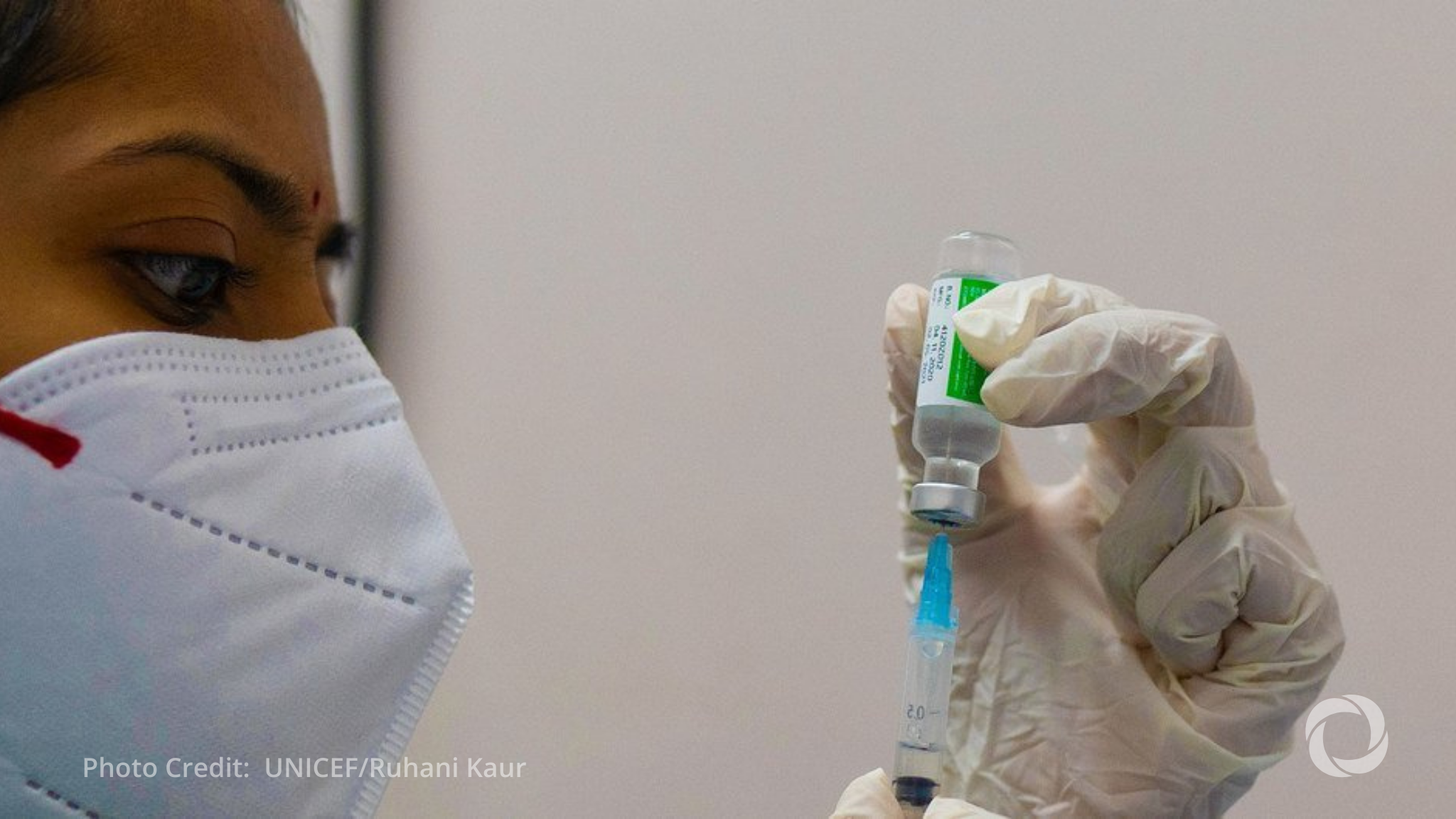Artificial intelligence is rapidly changing healthcare across Europe, from diagnosing diseases to improving hospital efficiency. Yet without clear legal and ethical rules, the technology could deepen existing inequalities, the World Health Organization (WHO) Regional Office for Europe warned.
The review—WHO’s first major assessment of AI use in regional health systems—found that nearly every country sees its potential to transform care, but only a handful have built the legal frameworks needed to manage it responsibly. Out of 53 countries surveyed, just four currently have national AI strategies for health, while seven more are developing one.
“AI is on the verge of revolutionizing healthcare, but its promise will only be realized if people and patients remain at the centre of every decision,” said Dr. Hans Kluge, WHO Regional Director for Europe. “Without clear strategies, data privacy, and legal guardrails, AI could worsen inequities rather than reduce them.”
Some countries are already taking action. Estonia has integrated electronic health records, insurance data, and population databases into one national system that supports AI tools. Finland is investing in digital training for health workers, while Spain is testing AI models to detect diseases early in primary care. Still, regulation is playing catch-up across much of the region.
The report found that 43 countries—86 per cent—cite legal uncertainty as the top barrier to AI adoption, while 78 per cent point to cost. Fewer than one in ten have clear rules on liability when AI systems cause harm. WHO emphasized the need for laws that ensure transparency, accountability, and data protection while maintaining public trust.
The organization is urging governments to develop coordinated AI strategies aligned with public health goals, strengthen workforce training, and involve the public in shaping digital health policies.
“The choices we make now,” Dr. Kluge said, “will determine whether AI empowers patients and health workers—or leaves them behind.”

